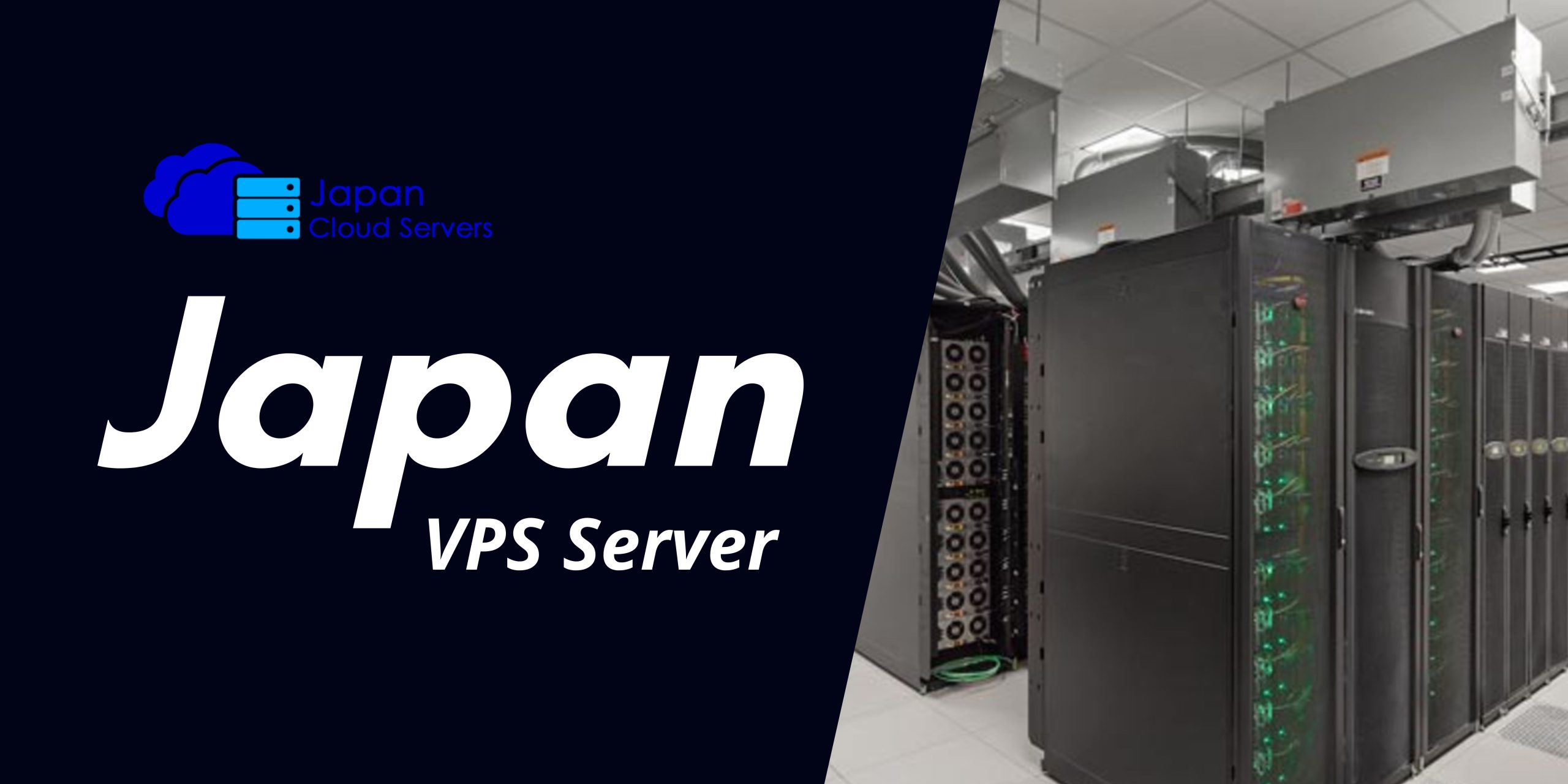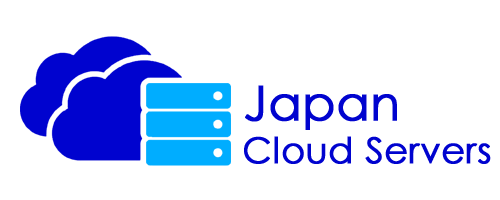
Introduction
A Japan VPS Server is an excellent investment for your business. It’s a type of server that allows you to have more control over your website and its content than a shared hosting provider would offer. A VPS can be installed on any Linux-based operating system.
A VPS is an excellent investment for your business.
A Japan Cloud Servers are an excellent investment for your business. It makes your business more efficient, and it can help you to save money, as well. A VPS Server is also more secure than shared hosting, which means it will be less likely to be compromised. If you have an online store or another service that relies on customer data, then having a VPS server can help scale your company quickly and efficiently by allowing more people access to the same resources at once (such as databases).
How a VPS Works
Virtual private servers (VPS) are like physical servers, with no dedicated hardware. Instead, they’re virtual machines that run on your computer. Instead of having a physical server in one location and accessing its resources through an internet connection, you can use VPS to run the same applications on multiple devices at once–which means more efficiency for you and lower costs for your business.
A VPS is basically like having a separate computer with all its software installed. You’ll also have access to all the tools needed to administer your VPS: graphical user interface (GUI), command line interface (CLI), etc., as well as any other add-ons such as web hosting services or analytics tools that might be important for running certain parts of an e-commerce site or app development platform.
Benefits of a VPS Server
Buy VPS Servers are an excellent choice for businesses that need more security, reliability, and control over their infrastructure than shared hosting can provide. A Cheap VPS Server allows you to tailor your web hosting environment as required. You can choose to have only one or two websites hosted on your VPS or use it as an all-purpose solution that supports many different applications and services.
While there are some similarities between shared and dedicated servers (the main difference being that dedicated servers usually require a contract), they both share some benefits:
How to Install and Set up Your VPS Server
Once you’ve chosen a hosting provider and signed up for the VPS, it’s time to start. The first step is installing the operating system. Depending on your preference, you can do this with a GUI or via command line tools.
Once your OS installed and configured (if necessary), it’s time to install any applications your site uses or needs access to. This could include things like email servers, databases, or file-sharing services such as Drop Box or Google Drive; however, there are many options out there, so make sure that whatever software you choose supports virtualization before buying!
Once everything has been appropriately installed on the server machine itself (including those required by any applications). Test everything thoroughly before moving forward with its setup process – remember security too!
Choosing a Hosting Provider for Your VPS Server
Before you choose a host, it’s essential to understand the available features and what they mean for your business.
Features: A good Japan Cloud Servers provider will offer more than just the basic features of an account, like storage space and bandwidth. They should also provide additional services like managed security, DNS management, email services, or WHMCS integration (if you’re using it).
Customer support: This can be anywhere from 24/7 to 48 hours, depending on the team’s busyness. Make sure you have someone who can answer all your questions promptly so that if something goes wrong with your server or website, there are no delays in getting help from tech support staff!
Conclusion
A Windows VPS Hosting is an excellent investment for your business. It allows you to run your website or application in a virtual environment, so you can scale to meet growing demand without investing in additional hardware or server space. The benefits of using a VPS include improved security, increased uptime, and lower operating costs than dedicated servers. All this adds more freedom for your business and greater flexibility when developing new websites or applications.
